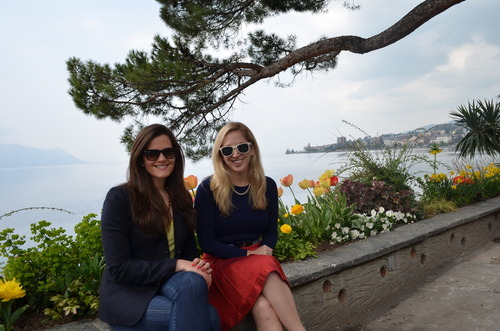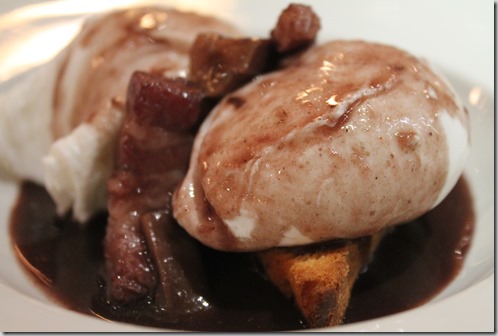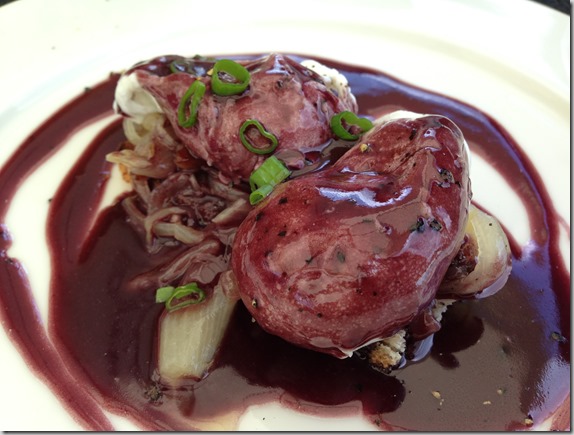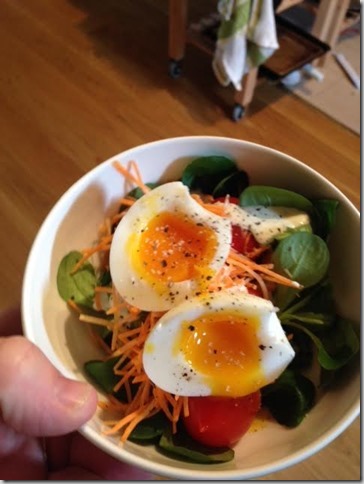Happy Monday! I hope you all had a good weekend. Other than my 15 mile long run this weekend revolved around getting Bo home from the hospital and on the road to recovery. After sharing the news of Bo’s surgery on social media this weekend many people asked for his perspective on whether having surgery was different in Switzerland than the US. Luckily, or unlucky for us, he has this perspective since this is his 2nd ACL surgery! Based on your requests, today’s post is a guest post from Bo!
I’m obviously not a doctor so I need to apologize upfront for any medical inaccuracies or misinterpretations that I might make. These are simply the observations of a patient that has a somewhat unique perspective on the differences as I have had the surgery now in both countries. I would also note that seven years have elapsed since my first surgery and that some of the differences might be due to advancements rather than geographic differences. Additionally, some of my observations might be clinic / hospital specific so I’d be very interested to hear of any differences in the experience of others. Finally, I need to express that, in both cases, I had great health insurance, a fact for which I am quite thankful. I am not covering the specifics as to how the different health insurance regimes work as that is fairly nuanced and dependent on many different factors. Suffice it to say that I had wonderful care in both cases without having to bear too much of the cost myself.
![IMG_1405[1] IMG_1405[1]](http://www.healthyhappierbear.com/wp-content/uploads/2014/08/IMG_14051_thumb.jpg)
Background
In 2007, I tore my right ACL and meniscus playing basketball – it was incredibly painful and afterwards I could barely walk for a month. The surgery was done at Bryn Mawr hospital and was a staged reconstruction: the doctor first repaired the meniscus and then two weeks later went back in and repaired the ACL. This year, I tore my left ACL while skiing with no pain, swelling or meniscus damage – my leg slipped underneath my body during a fall, I heard a pop and then my leg felt slightly less stable than it had before. The surgery was done at HUG (Hôpitaux Universitaires de Genève). Given that I had no pain, I was able to still swim, bike ride and walk which is why I waited until now to have the operation despite being injured in March.
Difference #1 – Initial Orthopedist Visit
In my experience, in the states, when seeing a specialist, you might spend most of your time in the doctor’s office with a nurse or a PA. However, the doctor that examines you (perhaps once before an MRI and once after) is your doctor (i.e. the one who will be performing the procedure). In addition, even if the MD is not able to spend a lot of time with you, the nurse or PA can answer any questions that you might have. In Switzerland, I never saw a nurse until I was in the hospital for pre-op. All the time before was spent with an MD. However, this MD was not a doctor who was doing my surgery, but rather a resident who worked for the head of the department. This might be specific to my case as the doctor performing my surgery was the head of orthopedics at HUG but it was still a little nerve-wracking having never met my surgeon until I was already prepped and about to go into the OR.
Difference #2 – Scheduling and Administration
In the states, scheduling a surgery has always seemed fairly simple. As you leave your assessment appointment, and receptionist or administrator tells you that the MD has slots at these dates and times available and asks what works for you. If you aren’t able to figure out exactly what works for you, a few easy emails will sort it out. Here in Switzerland, things work very differently. First, everything is done via mail rather than email. I was told after my appointment that I should expect to receive a letter in the mail instructing me on the next steps. The letter that I received (obviously in French) told me the date of my surgery and the date of a separate anesthesiologist appointment that I would have to attend. These dates didn’t work, so I had to struggle to reschedule by calling my surgeon’s secretary. She spoke no English, and my broken French was barely satisfactory to sort everything out. Ultimately it all worked out but we were quite worried at one point that this was going to cause the surgery to be delayed by months.
Difference #3 – Outpatient vs. Inpatient
In the states, as far as I’m aware, ACL surgery is almost ALWAYS an outpatient procedure. This is not the case in Switzerland. In fact, in Switzerland, it is ALWAYS an inpatient procedure and I was given almost complete discretion as to how many days I wanted to stay in the hospital. My doctor said that some people go home after one night; many choose to stay two, and some stay even more. Given the control that the health insurance industry has over such matters in the US, this would never fly there. I chose to stay two nights as I had to make it up three flights of stairs on crutches to get into our apartment.
![IMG_1467[1] IMG_1467[1]](http://www.healthyhappierbear.com/wp-content/uploads/2014/08/IMG_14671_thumb.jpg)
Difference #4 – Procedure for Leaving the Hospital
Hospital discharge, for inpatient and outpatient, is VERY controlled in the US. In my experience, the staff has to confirm that you have someone there to drive you home, they complete a set of checks and discharge paperwork that you sign, and in many cases, the nurse or orderly wheels you to the front door and helps you in the car. The process in Switzerland seemed very strange to Americans used to the former. They told me that I could go home anytime after noon the day following the surgery. I chose to stay, and the following day when it was time to go, there was hardly anyone around to help us. I buzzed the nurse just to confirm that I was okay to leave, and she effective said: “sure, just make sure you have all your stuff.” Ashley even had to locate a wheelchair herself as the walk from my room to the exit was close to half a mile.
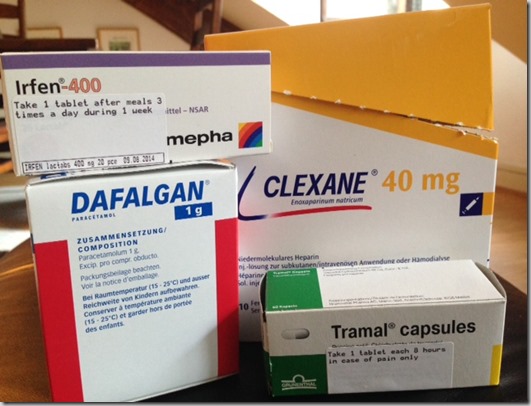
Difference #5 – Pain Management
In the states, I was given pretty heavy drugs (hydrocodone, oxycodone, etc.), and I don’t recall ever being in too much post-op pain. That said, I do recall feeling as though two weeks of taking fairly heavy opiates on a daily basis was not a good thing and stopped because it got a little scary. For post-op pain relief here, I have been given acetaminophen (e.g. Tylenol) and ibuprofen (e.g. Advil) to take on a daily basis for a week. I’ve also been given tramadol, a much weaker opioid to take only in case of extreme pain. The approach is both good and bad. There is obviously much less risk of any opioid-related side effect, but on the second night in the hospital for example, the swelling got a little out of control and I was awake in fairly excruciating pain from 1:30 – 5:00 AM. The nurses had to give me an IV anti-inflammatory which obviously wouldn’t have been possible if I hadn’t been in the hospital.
I hope this has been interesting, and I would love to hear if anyone agrees / disagrees with anything that I’ve written here.




